
The Aisles Have Eyes
How Retailers Track Your Shopping, Strip Your Privacy, and Define Your Power
Read or listen offline
Amazon KindleRecommendation
University of Pennsylvania marketing professor Joseph Turow writes of a father who first learned of his teen-aged daughter’s pregnancy when Target mailed maternity-related sales offers to his home. How could the department store know she was pregnant before her family knew? Turow reports that the US has entered a new world of marketing in which online and brick-and-mortar retailers can collect and analyze unprecedented amounts of personal information about shoppers. An online retailer can track not just your progress through its site, but your jumps to other sites. Real-world stores can do similar things by exploiting smartphone apps, Wi-Fi, cameras and GPS. Their aim is to compile enough data to craft personalized messages for individual consumers; they want to know if a shopper is pregnant or low on shaving cream so they can send ads at opportune times. By combining tracking with data mined from sources like barcode scans or credit card sales, retailers can – for example – make a coupon for chocolates pop up on your phone when you’re standing in the candy aisle trying to resist temptation. Turow’s book is a fascinating, sometimes frightening look at recent advances in market-based surveillance as well as the ways retailers are training customers to accept growing levels of intrusion. getAbstract recommends his report to marketers, retailers, consumers and privacy advocates.
Summary
About the Author
Joseph Turow, a professor at the Annenberg School for Communication at the University of Pennsylvania, is a fellow of the International Communication Association and has won a Distinguished Scholar Award from the National Communication Association.








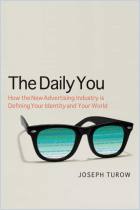
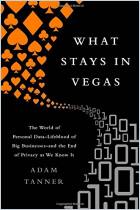
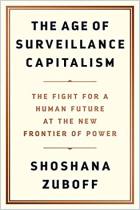
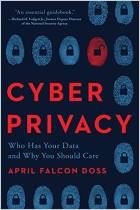
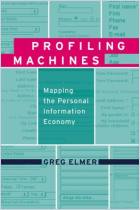
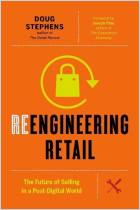
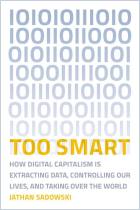













Comment on this summary or Начать обсуждение